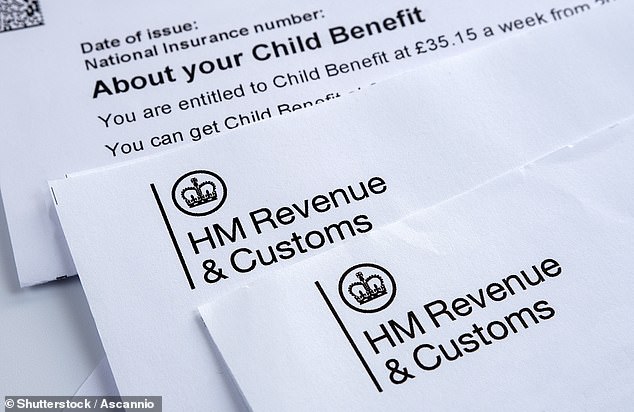Jennifer Elizabeth Fleet had entered a scheme not long before her death in 2011 to bring the value of her estate below £325,000 - the amount everyone can pass on tax-free on their passing.
A family has saved £588,700 on inheritance tax after a HMRC blunder saw a member of staff issue a certificate confirming that no payment was due.
Jennifer Elizabeth Fleet had entered a scheme not long before her death in 2011 to bring the value of her estate below £325,000 – the amount everyone can pass on tax-free on their passing.
The complex tax-saving scheme worked by creating an artificial debt to bring the value of the estate down and was spotted by HMRC,but the department failed to claw back the unpaid tax because of its own administrative shortcomings.
Mrs Fleet's sons and executors signed an inheritance tax form in October 2011 stating that the value of her assets was £1.8m,including £1.6m in liabilities – of which £1.4m was the guarantee.
This meant her estate was below the £325,000 threshold at the time of her death,so her family escaped the 40 per cent death duty for anything over this value.

Jennifer Elizabeth Fleet had entered a scheme not long before her death in 2011 to bring the value of her estate below £325,000 – the amount everyone can pass on tax-free on their passing (file image)
But an HMRC officer wrote to Mrs Fleet's advisers five years later stating that the debt was not deductible,and therefore the estate had been undervalued.
In 2018,after a number of delays,her adviser applied for a certificate of discharge which would wipe out the tax liability.

It was then that a HMRC staff member – unaware that another officer was dealing with the case – issued a certificate confirming that no inheritance tax was due.
In 2019,the officer in charge issued a determination saying the amount liable to inheritance tax was £1.4m – meaning the family owed more than £500,000.
The sons appealed to the first-tier tribunal. HMRC argued that Mrs Fleet had,by entering into the scheme,made a lifetime transfer which was immediately chargeable to inheritance tax.
The tribunal accepted that the scheme was 'ineffective in reducing the value of Mrs Fleet's estate for inheritance tax purposes'.
However,it allowed the appeal on the grounds that there had been no lifetime transfer – because the value of the guarantee had effectively remained within her estate at the date of her death.
Although the scheme had failed on a technical level,HMRC could not collect the tax.
Claire Roberts,of accountancy firm Moore Kingston Smith,told The Telegraph: 'This decision is the latest in an increasingly common pattern of HMRC getting the basics wrong.
'In this case,£500,000 of tax was lost simply because different parts of HMRC did not speak to each other.
'This comes at a time when HMRC is facing growing criticism for their falling service standards and this costly mistake will add fuel to the fire.'
An HMRC spokesman said: 'We acknowledge the ruling and welcome t
An HMRC spokesman said: 'We acknowledge the ruling and welcome the tribunal's agreement that the scheme used does not reduce inheritance tax liabilities.'
HMRC

© Singapore Technology Information Privacy Policy Contact us